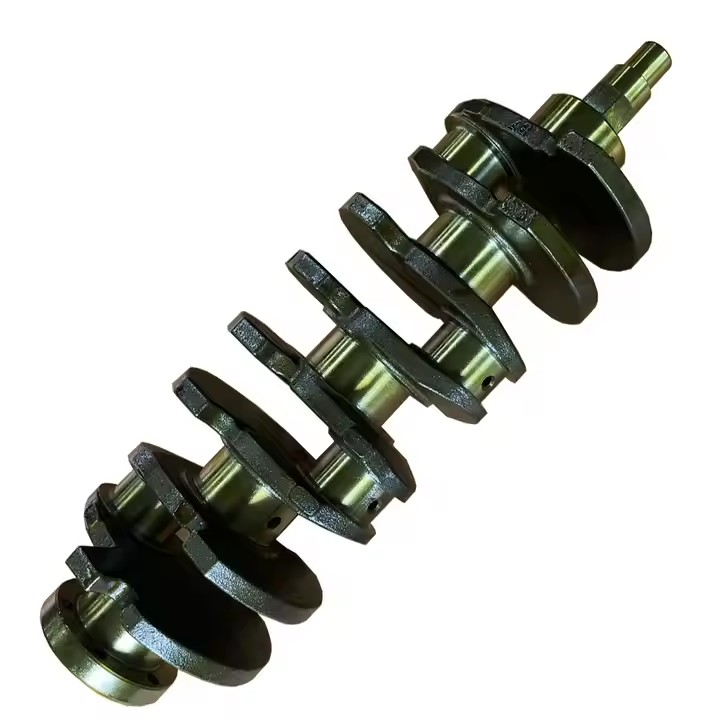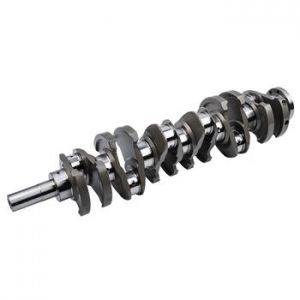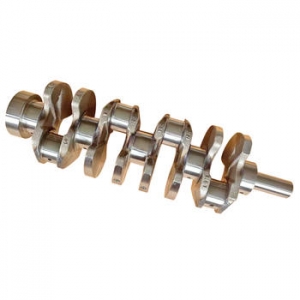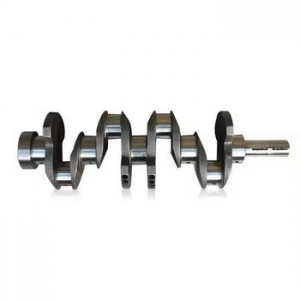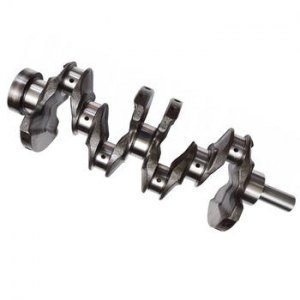Understanding Crankshaft Failure
Crankshaft failure is a serious issue that can lead to significant engine damage and costly repairs. This type of failure can occur due to various reasons such as improper lubrication, manufacturing defects, and excessive loads. In order to prevent crankshaft failures, it's essential to understand the root cause of the problem. In this article, we will analyze some real-life case studies of crankshaft failures to gain a better understanding of the issue.
Case Study 1: Improper Lubrication
One of the most common causes of crankshaft failure is improper lubrication. In this case study, a heavy-duty truck experienced a sudden engine failure due to a crankshaft failure. Upon investigation, it was found that the engine oil had not been changed regularly, and the oil filter had also not been replaced. The lack of proper lubrication led to excessive wear and tear on the crankshaft bearings, which eventually caused the crankshaft to fail.
Case Study 2: Manufacturing Defects
Crankshaft failures can also occur due to manufacturing defects. In this case study, a car engine failed due to a crankshaft failure that was caused by a casting defect. The crankshaft had a small crack near the main journal, which was not visible during the manufacturing process. Over time, the crack grew larger, and eventually, the crankshaft failed, causing extensive engine damage.
Case Study 3: Excessive Loads
Excessive loads can also lead to crankshaft failure. In this case study, a marine engine failed due to a crankshaft failure that was caused by excessive loads. The engine was being operated at high speeds for extended periods, which put a lot of stress on the crankshaft. The crankshaft eventually failed due to fatigue, causing the engine to seize up.
Preventing Crankshaft Failures
Preventing crankshaft failures is essential to ensuring the longevity of your engine. Regular maintenance and inspections can help identify potential issues before they become major problems. Here are some tips for preventing crankshaft failures:
- Change your engine oil regularly and use high-quality oil filters.
- Follow the manufacturer's recommendations for engine operation and avoid putting excessive loads on the engine.
- Regularly inspect the crankshaft for signs of wear and tear, such as cracks, pitting, or spalling.
- Consider using crankshaft sensors to monitor the health of your engine and detect potential issues early.
Conclusion
Crankshaft failure can lead to significant engine damage and costly repairs. By understanding the causes of crankshaft failure and taking preventive measures, you can ensure the longevity of your engine. Regular maintenance, inspections, and the use of high-quality parts and lubricants are essential to preventing crankshaft failures. If you suspect that your engine may be experiencing crankshaft issues, it's important to have it inspected by a professional as soon as possible to prevent further damage.

